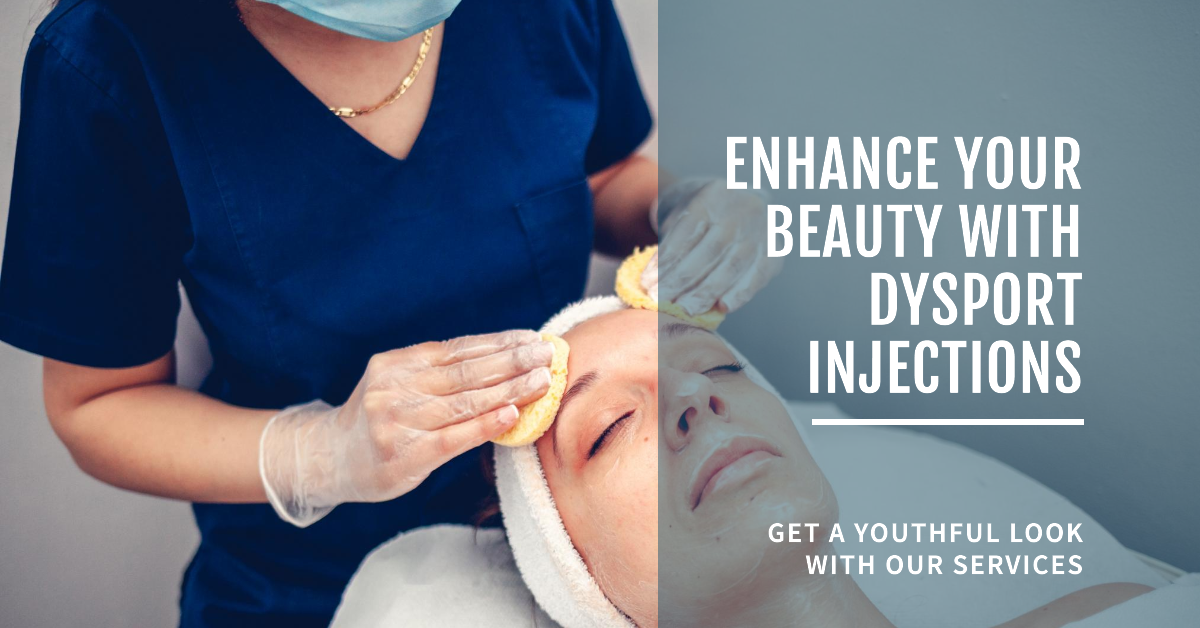How to Keep Your Skin from Drying Out This Summer
How to Keep Your Skin from Drying Out This Summer
- 148 Views
- June 13, 2023
Introduction:
As the summer sun shines strongly and temperatures rise, it’s time to pay extra attention to your skin’s need for water. During the summer, dry skin is a regular problem, and it can cause a lot of damage and discomfort. In this blog, we’ll talk about what happens when your skin doesn’t get enough water and give you tips on how to keep your skin healthy, hydrated, and beautiful all summer long.
Understanding Skin Dehydration: Skin dehydration happens when the top layer of skin, called the stratum corneum, doesn’t have enough water. During the summer, when the weather is hot and dry, your skin can lose more water, which can make it dry, flaky, and weaken its protection. When the skin’s barrier is weakened, it is more likely to get hurt by things like UV rays, smog, and things that irritate it.
Dry skin has these effects:
Dryness and flaking: Skin that isn’t getting enough water can look dry and rough, and it may even get flaky spots. Places like the cheeks, eyebrows, and hands show these signs the most.
Increased Sensitivity: Skin that isn’t getting enough water is more sensitive and reacting, which makes it more likely to get red, itch, and irritate. This can be especially hard on people who already have skin problems like eczema or rosacea.
Accelerated Aging: Being chronically dehydrated can lead to signs of aging like fine lines, wrinkles, and a dull skin tone. When the skin isn’t getting enough water, it loses its flexibility and plumpness, which makes these signs of aging stand out more.
How to protect your skin and keep it moist:
Drink a lot of water. For good skin, it’s important to stay hydrated from the inside out. Aim to drink at least eight glasses of water every day, and drink more if you’re outside or doing physical activities.
Use a Gentle Cleanser: Choose a cleanser that is gentle, hydrating, and doesn’t strip the face of its natural oils. Don’t use harsh soaps or cleaners that have alcohol in them because they can dry out the skin even more.
Moisturize often. Buy a light, hydrating lotion and put it on your face and body after you’ve washed. Look for moisturizers with hyaluronic acid, glycerin, or ceramides, which help the face attract and hold on to moisture.
Protect with SPF: To keep UV rays from hurting your skin, put on a broad-spectrum sunscreen with a high SPF. Sunburn makes the skin dry out and also speeds up the aging process. Sunscreen should be reapplied every two hours, especially if you’re swimming or sweating a lot.
Hydrating Face Masks: Once or twice a week, give yourself a hydrating face mask. Look for masks with moisturizing ingredients like aloe vera, cucumber, or honey. These ingredients will add more wetness to your skin and make it feel better.
Don’t take hot showers. It may be tempting to take long, hot showers, but they can take away your skin’s natural oils and make you even more dehydrated. Choose cold water and cut down on your shower time.
Humidify Your Environment: To add wetness to the air inside, use a humidifier. Air conditioning and dry indoor air can both cause skin to lose moisture.
Summer should be a time to have fun and relax, not a time when your skin hurts and you’re thirsty. If you follow these tips and pay attention to how much water your skin needs, you can keep it healthy, soft, and safe from the damage of summer. Remember that staying hydrated, moisturizing, and protecting your skin from the sun are the most important things you can do to keep your skin looking healthy and glowing all year long.
// About Me

Vanessa Osorio
Vanessa is a passionate skin care specialist/ esthetician with 8 years of experience under her belt embarking several states including South Florida and California. She has been a zealous advocate for expanding confidence in her clients through various skin treatments. Vanesa specializes in Medical-Grade anti-aging and body contouring services. She is certified in microneedling, microchanneling, ultrasound, radio frequency, and chemical peels among other advanced procedures.
// Popular Feeds
// Sponsor Adds
















